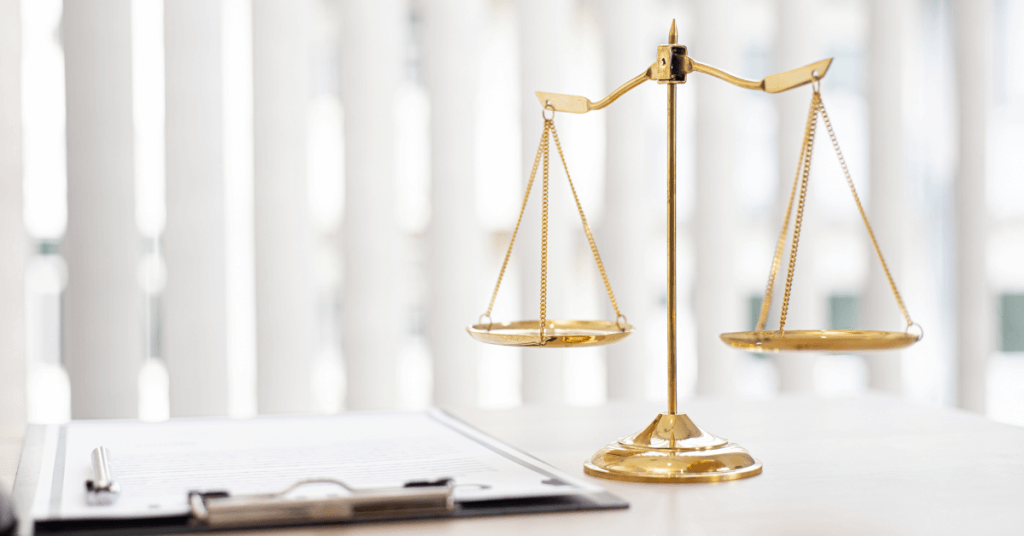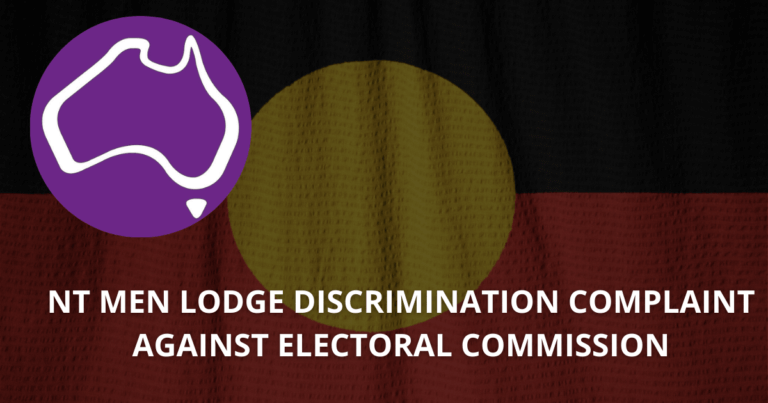What is defamation?
Defamation is an act of falsely publishing something that harms the reputation of an identifiable person without a legal excuse. The offence has an element of intent, where the publisher wishes to cause serious harm to the person, or without having regard to whether there is serious harm. Defamation can be a civil or criminal offence depending on the harm and nature of the act.
Civil Offence
The Defamation Act 2005 (NSW), which is similar to the other state and territory legislations across Australia, require three components to be established on the balance of probabilities:
- Publication: oral, written, or digital communication
- Identification: directly or indirectly identifying the allegedly defamed person
- Defamatory Material: defamatory meaning to the ‘ordinary, reasonable’ person
Criminal Offence
Under section 529(3) of the Crimes Act 1900 (NSW), an offence of criminal defamation may be committed if a person without lawful excuse, publishes material defamatory of another living person (the victim):
- knowing the matter to be false;
- and intentionally causing serious harm to the victim, or any other person, being reckless as to whether such harm has been caused.
The maximum penalty for criminal defamation is 3 years’ imprisonment.
However it’s unlikely you would ever be charged with the offence… here’s why.
What are my defences to a defamation action?
The Defamation Act lists statutory defences which are additional to a variety of available common law defences. The statutory defences include:
- justification,
- contextual truth,
- absolute privilege,
- publication of public documents,
- fair report or proceedings of public concern,
- qualified privilege for provision of certain information,
- honest opinion,
- innocent dissemination
- and triviality.
Time Limit
Under section 14B of the Limitations Act 1969 (NSW), a cause for action for defamation is not maintainable if brought after the end of a limitation period of 1 year from the date of publication. However, section 56A(2) allows a court to extend the time limit to 3 years if satisfied that it was unreasonable in the circumstances for the plaintiff to have commenced an action within 1 year from the date of publication.
A Recent Defamation Case
In the recent Supreme Court defamation case, Serge Benhayon, a former Sydney tennis coach who led the business Universal Medicine, lost his defamation case against blogger Esther Rockett, who claimed he was:
- ‘dishonest,’
- a ‘charlatan who makes fraudulent medical claims,’
- and the leader of a ‘socially harmful cult.’
The spiritual healer used costly defamation proceedings to inflict pain on and intimidate the woman who exposed him in online posts. The defamation action failed and he was ordered to pay her legal costs.
Defamation proceedings have a substantial effect on freedom of speech. Therefore, the law must find a balance to protect a person’s reputation without impeding upon a liberal-democratic ideology that governs our society.
If you have been subject to defamation, contact us on (02) 9261 4281 or email
-
Peter O'Brienhttps://obriensolicitors.com.au/author/peterob/
-
Peter O'Brienhttps://obriensolicitors.com.au/author/peterob/
-
Peter O'Brienhttps://obriensolicitors.com.au/author/peterob/
-
Peter O'Brienhttps://obriensolicitors.com.au/author/peterob/






